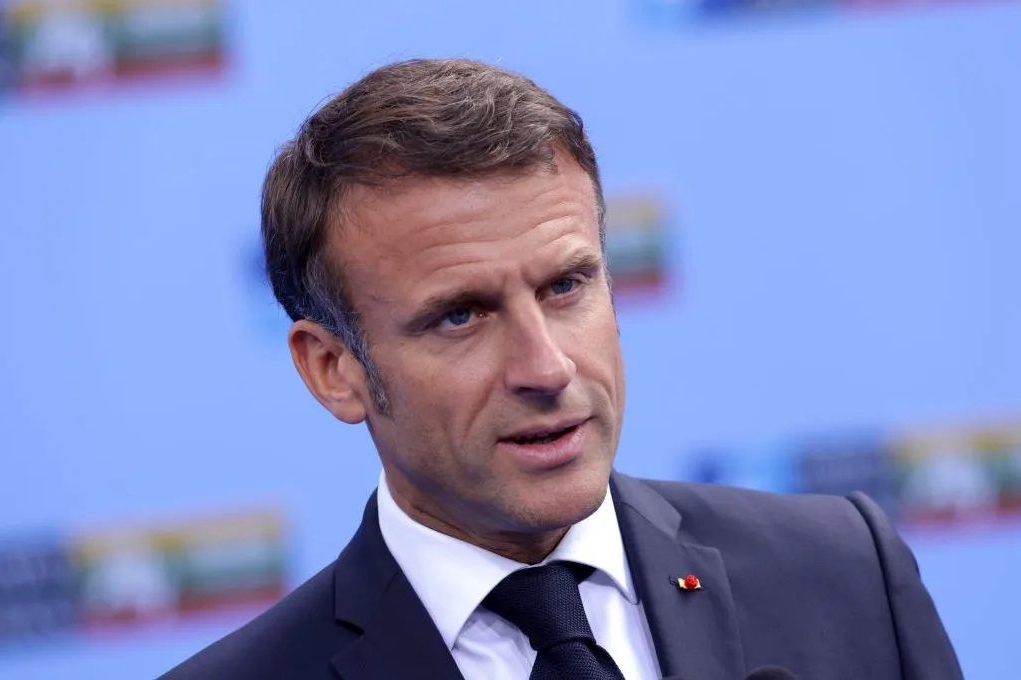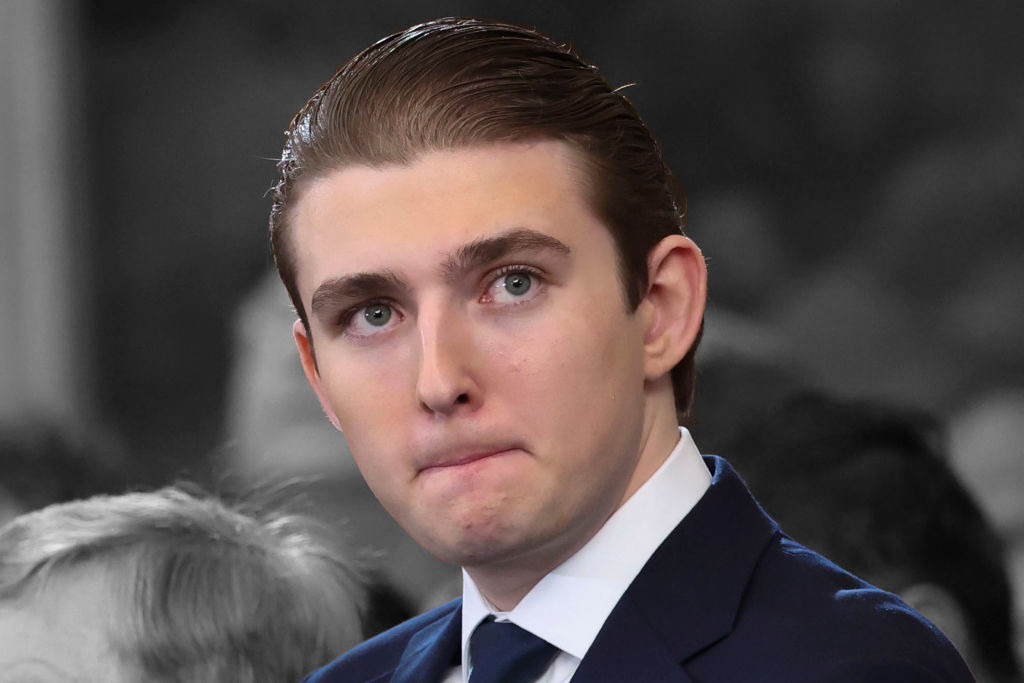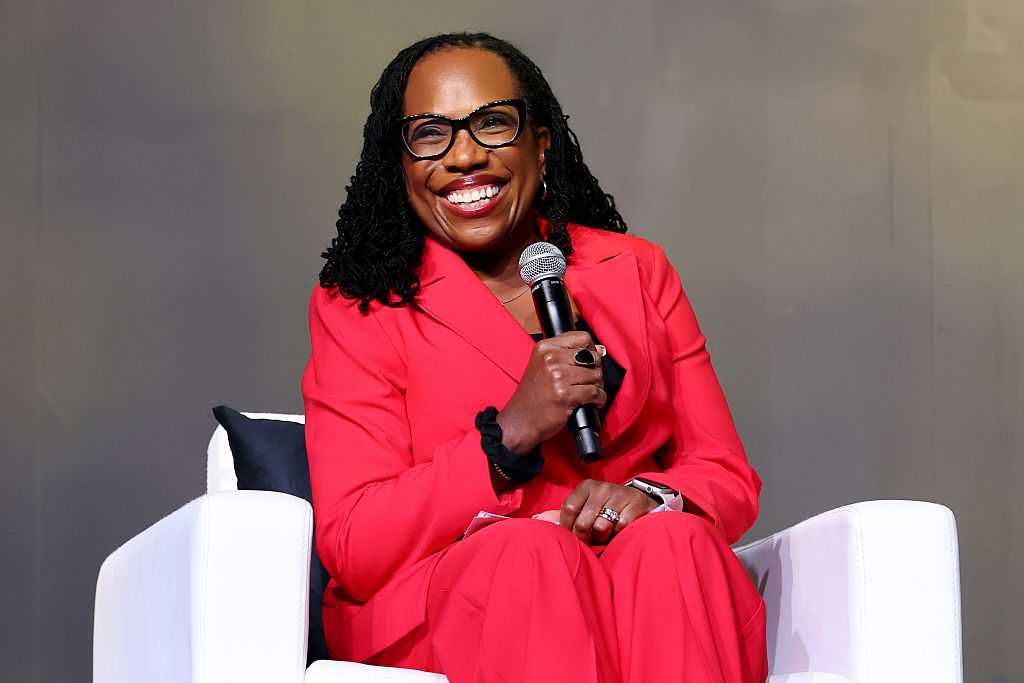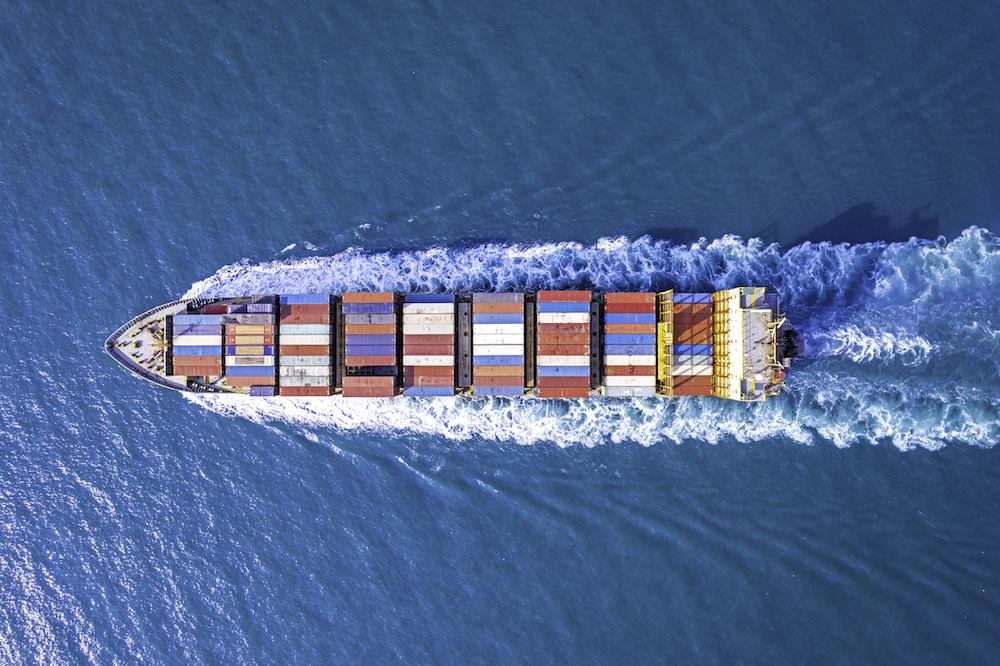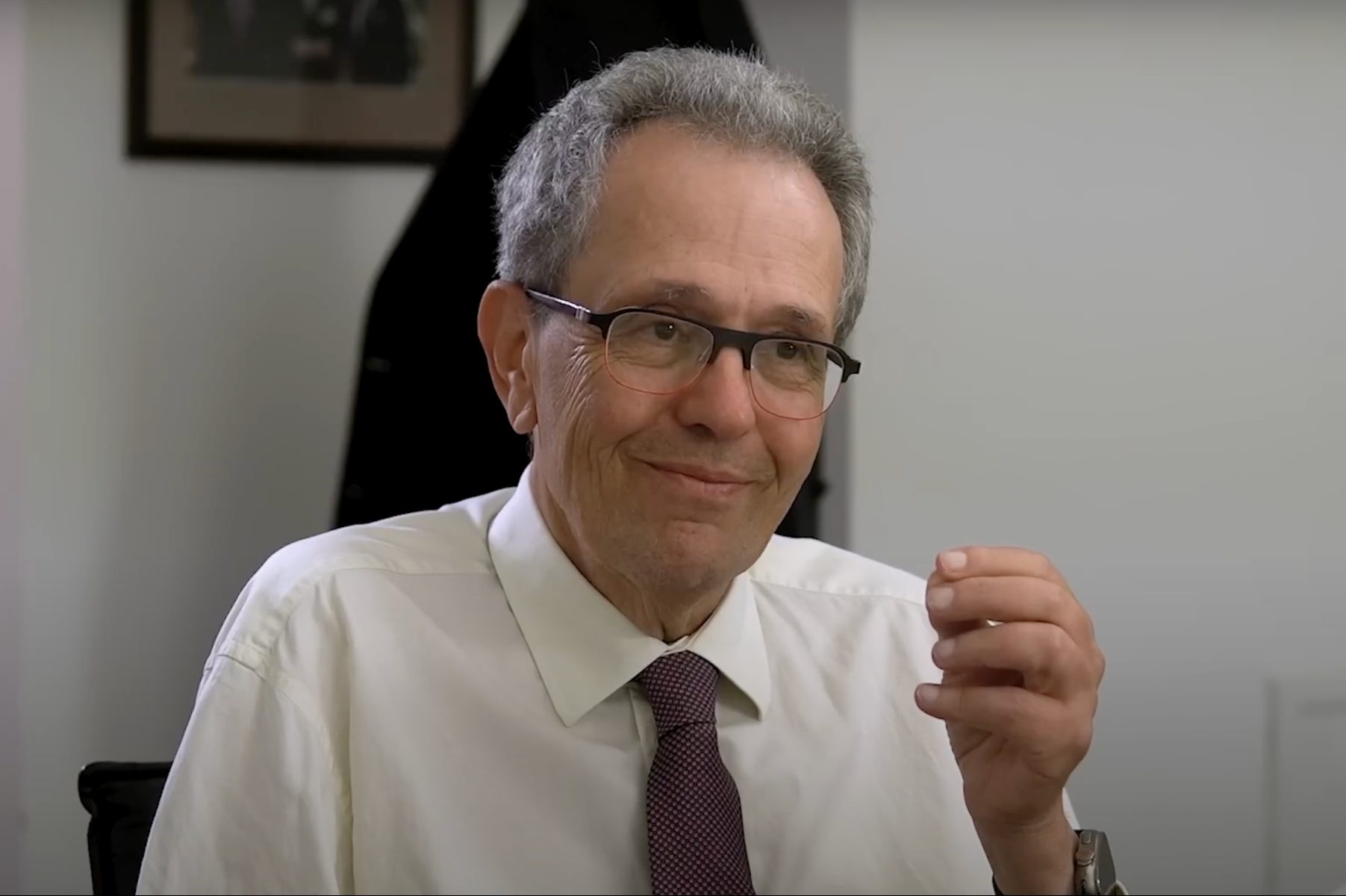It is Bastille Day in France but few people are in the mood for festivities. The riots of two weeks ago have left physical and psychological scars that won’t heal anytime soon.
It is Emmanuel Macron’s seventh Bastille Day as president, and his special guest this year is Narendra Modi, prime minister of India, chosen to mark the twenty-fifth anniversary of the strategic partnership agreed by the two countries.
The day’s celebrations will end in the traditional way, with a grand display of fireworks, although the cynic might wonder if the French haven’t had enough of those in recent weeks.
Many areas have canceled their July 14 festivities in light of the riots, including Nanterre — where the trouble began after police shot a teenager — and a host of other towns further afield. “We can’t celebrate our national day because of hooligans,” said David Lisnard, the head of the French Mayors’ Association and a member of the center-right Republicans. The cancellations were, he added, “a sign of a very deep unease in French society… I believe things are much worse than people think.”
Marine Le Pen echoed that sentiment. “Can you believe that in the great democracy of France, we are giving up on our national day because of the fear generated by potential violence?” remarked the leader of the National Rally.
With France still simmering, there will be a massive police presence on the streets today. Some 45,000 officers will be deployed across the country with 10,000 in the capital. Specialist rapid response units are on standby, and water cannons and armored vehicles are present in the major cities. The sale of fireworks was banned last week for fear they might be used to attack police officers and their stations, as they were during the riots.
Mindless thuggery has increasingly been a by-product of Bastille Day this century. Last year, for example, 749 cars were set alight and 807 arrests made, not just in Paris but in Dijon, Rouen, Le Havre and other cities.
In 2017 the number of vehicles torched was 897; that year was Macron’s inaugural Bastille Day parade and looking at the photographs one is struck by how boyish he was.
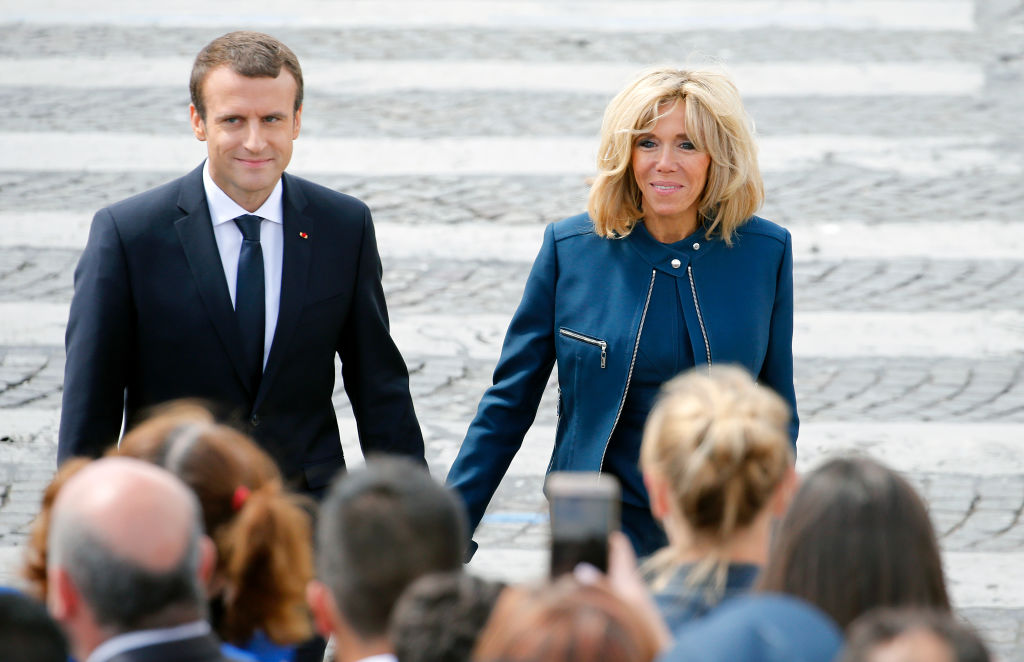
Fresh-faced and thirty-nine, the youngest president of the Fifth Republic, Macron was seen as the man to reinvigorate a tired nation, one worn down by terrorist attacks and economic decline. “I’m aware of the divisions in our nation which have led some people to extreme votes,” he proclaimed in his victory speech of May 7. “I respect them. I’m aware of the anger, anxiety and doubts that a large proportion of you have also expressed. It’s my responsibility to listen to them while protecting the most fragile… by implacably and resolutely ensuring your security, and by guaranteeing the nation’s unity.”
Where did it go so wrong for Emmanuel Macron and France? He himself talks of the Republic’s “decivilization,” while his opponents on the right call it the “ensauvagement” — to make savage. There is truth in both words; last week a seventy-two-year-old man was beaten to death after he asked three teenagers to make less noise.
France is more divided, more angry and above all more frightened than it has been in decades. Furthermore, more people vote for extremes — or more precisely for parties outside the mainstream, be they left or right — than at any time in the history of the Fifth Republic.
All this on Macron’s watch. Jérôme Sainte-Marie, the author of 2019 book about the president, said in a radio interview on Thursday that he detects a whiff of “fin de règne” in the Élysée. He’s not the only commentator who senses that the president no longer has the stomach for the fight. Mathieu Souquière of the Jean Jaurès Foundation, a Socialist think tank, described Macron as “a head of state who has run out of inspiration after so many crises.”
Macron’s guest of honor in 2017 was Donald Trump, an invitation to salute the 100th anniversary of America’s entry into World War One. “Our two nations are forever joined together by the spirit of revolution,” declared Trump. A prescient remark given the turmoil that has engulfed the two countries since.
During the drive down the Champs-Élysées on July 14, 2017 Macron stood next to the head of the French armed forces, General Pierre de Villiers. Five days later de Villiers quit. Enraged by Macron’s plans to cut defense spending by €850 million, the general said in his resignation letter that he was no longer able to lead a military “necessary to guarantee the protection of France and the French people.” In response a defiant Macron told the military: “I am the boss.”
Macron still is the boss, but his authority has drained away over the years and he appears to be as demoralized as the country he leads.
This article was originally published on The Spectator’s UK website. Subscribe to the World edition here.



